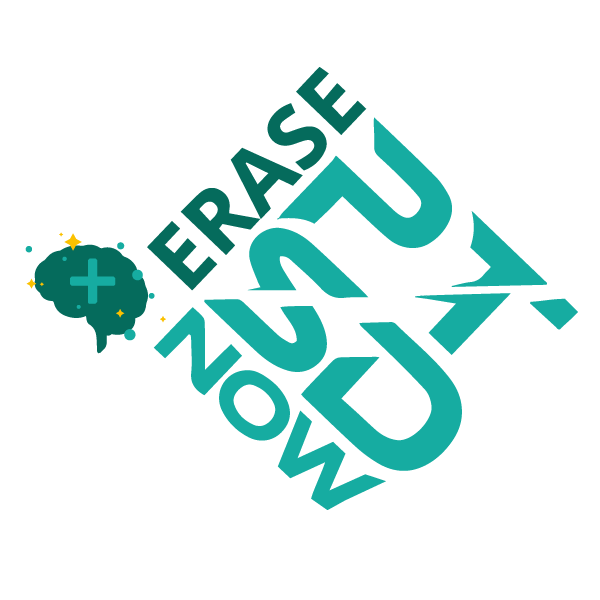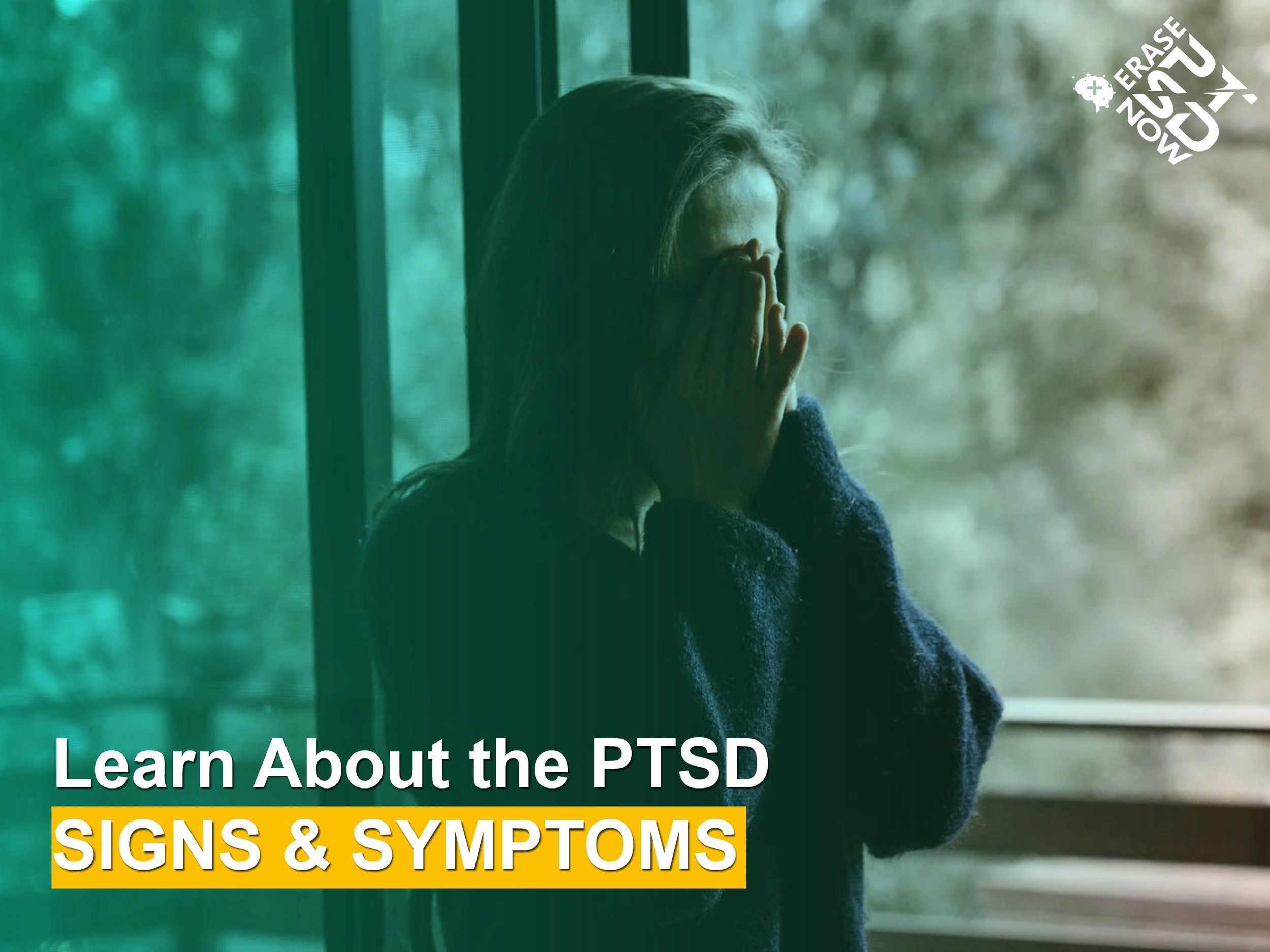Learn About the PTSD Signs and Symptoms
The PTSD signs and symptoms are diverse and have varying degrees of effect on people's lives. PTSD, short for "Post Traumatic Stress Disorder", is a mental health condition that some people have as a result of terrifying or traumatic events in their lives. People who have PTSD can relive those events in the form of nightmares, intrusive memories and flashbacks. For people who begin to develop PTSD, it can lead to other physical or mental health disorders.
https://www.youtube.com/watch?v=aAvZPaDlwR0
Recognizing PTSD signs and symptoms
Some of them include mood disorders and drug/alcohol substance use disorders. For anyone who do not have PTSD but knows someone who has it, here are some of the recognizable signs and symptoms. Having knowledge about the common signs and symptoms can help people have a better understanding of those who have PTSD and not treat them as simply "individuals with mental illnesses". Furthermore, recognizing signs and symptoms very early can help PTSD victims prevent any actions that can harm themselves and their loved ones.
Sleep problems
Problems with sleep or having insomnia is one sign of having PTSD. People with PTSD who have sleep problems usually wake up early because of their nightmares. Some might stay awake for the whole night because the memories they may be reliving while laying in bed. Not only does a lack of sleep makes one become fatigue in daytime, it may also lead to negative long-lasting medical conditions.
Anxiety
Anxiety causes victims of PTSD to have frequent fear, dread, and uneasiness every day because of their past experiences. Unfortunately, the anxiety that PTSD sufferers go through do not allow them to live an stress-free day all the time. Anxiety comes in different forms, whether if it is a feeling of restlessness, sweating, rapid heart beat, etc. Additionally, anxiety also can lead to other types of anxiety-related mental health disorders such as panic, separation anxiety, and agarophobia.
Frequent flashbacks
Having frequent flashbacks is something that many PTSD victims have as a result of their traumatic experiences. The flashbacks that people with PTSD have may result in them having to reliving the trauma repeatedly, whether if that trauma is from a sexual assault or from combat. In fact, reliving the trauma also can cause problems in the person's daily routine. Also, this can definitely lead to the person having PTSD to also develop avoidance symptoms.
Avoidance
For many people suffering from PTSD, it is common for them to stay away from things or beings that negatively affected them in the past. Avoidance is when people avoid places, people, or objects that reminded them of their traumatic experiences. For example, a person who experienced a car accident might avoid driving in the future. Another example will be a person not going to a certain supermarket because they know that someone who hurted them in the past still works there.
Mood swings
Having mood swings means that a person can have one mood that may change onto the next quickly. The mood swings let people who have PTSD to have negative feelings like guilt or shame transition to positive feelings like joy or confidence right away without any recollection of the previous feelings. That can also include having those feelings go in the opposite direction as well. This can also lead to feelings of detachment or dissociation from family, friends, and other peers.
Detachment (Dissociation)
The feelings of detachment is considered to be a "dissociative disorder". Meaning, PTSD victims who are suffering from detachment distance themselves from their loved ones. Having continued feelings of detachment can also decrease the strength of the PTSD victim's relationships with their families and friends. Worse, it may even lead to the termination of their relationships if they continue to detach themselves.
How to support people suffering from signs and symptoms of PTSD
Whether if the person is a coworker, a child, parent, friend, or significant other, living with PTSD is difficult every day. Fortunately, there are resources, services, and treatments that can effectively help people living with PTSD. One notable treatment that people with PTSD can get is the SGB PTSD injection. Short for "Stellate Ganglion Block", SGB reduces the nerve impulses and messages sent to the brain center, which then providing relief to the symptoms. There are resources and services to help PTSD sufferers who deserve the help that they need. That also includes those who are at-risk of hurting themselves and others close to them.
Mental Health America shows people where to find help by providing wellness tools, lists of mental health treatments and support groups, and tips on how to mitigate the symptoms. The Veterans' Crisis Line allows veterans with PTSD and other mental health conditions to seek support comfortably from caring, qualified responders. The number is still 1-800-273-8255 (and press 1 afterwards) and veterans can also chat and text as well. Finally, the U.S. Department of Veterans' Affairs has a 24/7 crisis support line and also provides support groups for veterans who still struggles with PTSD. People with PTSD come from different backgrounds, from veterans to office professionals, from students to blue-collar workers. What matters is that there should be more knowledge about the signs and symptoms of PTSD that they have so that there is no misunderstanding about the people who are going through Post Traumatic Stress Disorder every day.


